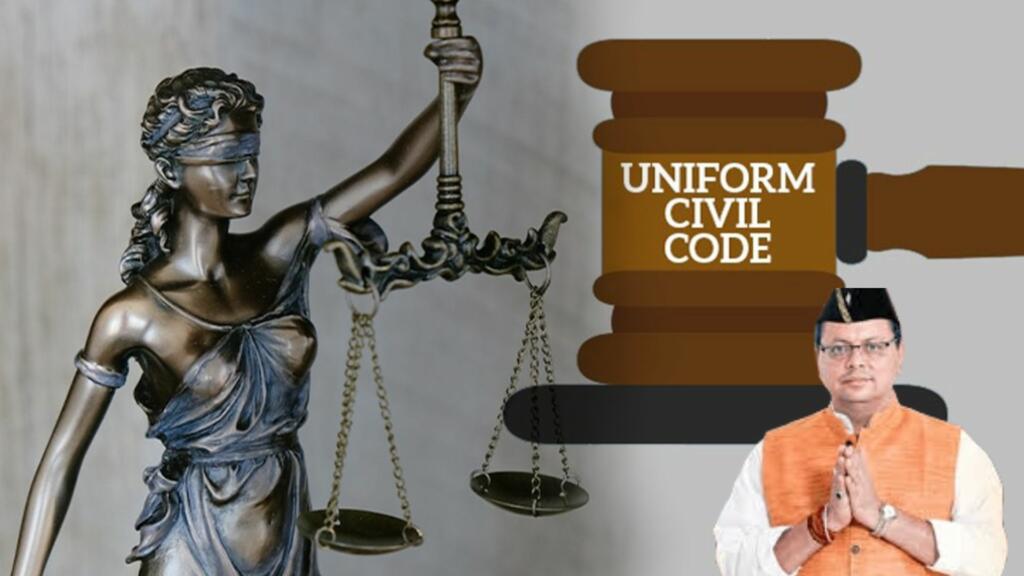In a historic move, Uttarakhand is paving the path towards social reform and equality with the introduction of the Uniform Civil Code (UCC) bill. Spearheaded by Chief Minister Pushkar Singh Dhami, this legislative endeavor aims to uphold the principles of ‘Sab ka Saath, Sab ka Vikas’ and ‘Ek Bharat, Sreshtha Bharat,’ echoing Prime Minister Narendra Modi’s vision for a united and inclusive India.
Background and Consultative Process
The formulation of the UCC bill in Uttarakhand was not hasty; rather, it was a result of meticulous planning and extensive consultation. A government-appointed panel, led by retired Supreme Court judge Ranjana Prakash Desai, meticulously crafted the UCC draft after receiving over 2.33 lakh written feedback submissions and conducting more than 70 public forums. This inclusive approach ensured that diverse perspectives on marriage, divorce, inheritance, and property rights were considered in the formulation of the bill.
The Key Proposal & Implications
The Uttarakhand UCC proposal encompasses several key components designed to promote gender equality, protect individual rights, and streamline legal procedures.
Ban on Polygamy and Child Marriage: The proposal prohibits polygamy and child marriage, thereby safeguarding the rights of women and children and promoting healthy family dynamics.
Standardized Marriageable Age: The proposal sets a standardized minimum age for marriage across all religious communities, ensuring equal treatment and protection for individuals regardless of their faith.
Simplified Divorce Procedures: Chief Minister Dhami’s proposal seeks to streamline divorce procedures, making the process more accessible and equitable for individuals seeking dissolution of marriage.
Mandatory Marriage Registration: Under the proposed UCC, marriage registration would be made mandatory, facilitating better access to government services and legal protections for married couples.
Also Read: UCC in Devbhumi Uttarakhand. Soon
Addressing Social Concerns
The UCC draft in Uttarakhand directly addresses prevalent social practices that undermine gender equality and individual rights. By seeking to abolish discriminatory practices such as halala and iddat, the bill empowers Muslim women with adoption rights and simplifies adoption procedures. Moreover, legal recognition of live-in relationships and their registration under law provide clarity and protection to partners, reducing the likelihood of false cases.
Challenges and Exclusions
Despite its progressive nature, the proposed UCC in Uttarakhand faces challenges and exclusions. The omission of population control measures and the exclusion of Scheduled Tribes raise questions about inclusivity and comprehensive social reform. However, the focus on equal property rights for all, elimination of distinctions between legitimate and illegitimate children, and provisions for inheritance signify a significant step towards egalitarianism.
Conclusion
The introduction of the Uniform Civil Code in Uttarakhand marks a watershed moment in the state’s journey towards social justice and equality. By transcending religious boundaries and prioritizing gender equality, the proposed code reflects the evolving ethos of Indian society. As the legislative process unfolds, it is imperative to uphold the principles of justice, equality, and inclusivity, ensuring that the UCC serves as a beacon of social justice for generations to come. Uttarakhand’s bold step towards embracing progress and equality sets a precedent for other states to follow, reaffirming India’s commitment to unity in diversity.
